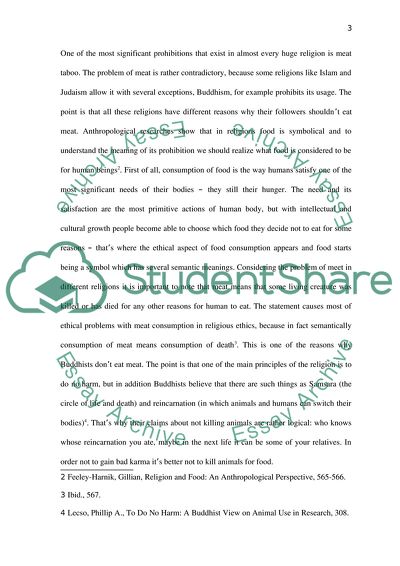Cite this document
(Religious Food Taboos and Ideology Essay Example | Topics and Well Written Essays - 1250 words - 2, n.d.)
Religious Food Taboos and Ideology Essay Example | Topics and Well Written Essays - 1250 words - 2. https://studentshare.org/religion-and-theology/1837508-contemporary-society
Religious Food Taboos and Ideology Essay Example | Topics and Well Written Essays - 1250 words - 2. https://studentshare.org/religion-and-theology/1837508-contemporary-society
(Religious Food Taboos and Ideology Essay Example | Topics and Well Written Essays - 1250 Words - 2)
Religious Food Taboos and Ideology Essay Example | Topics and Well Written Essays - 1250 Words - 2. https://studentshare.org/religion-and-theology/1837508-contemporary-society.
Religious Food Taboos and Ideology Essay Example | Topics and Well Written Essays - 1250 Words - 2. https://studentshare.org/religion-and-theology/1837508-contemporary-society.
“Religious Food Taboos and Ideology Essay Example | Topics and Well Written Essays - 1250 Words - 2”. https://studentshare.org/religion-and-theology/1837508-contemporary-society.


